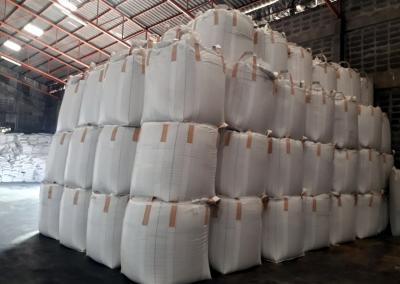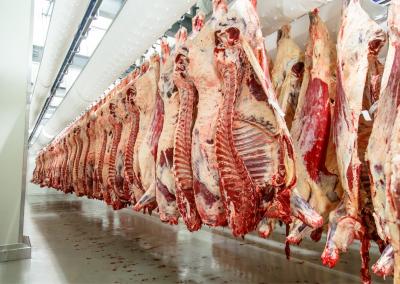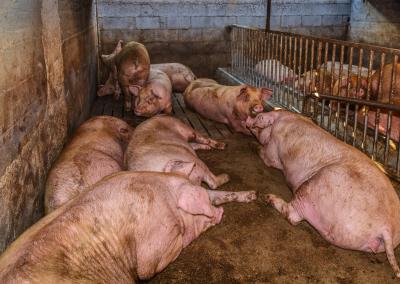Polish farmers abandon sugar beet production en masse: 'We are losing out to imports'
Sugar beet growers in Poland announce that they will stop growing the crop. They tell national journalists that production costs are much higher than purchase prices and contracts do not give them a sense of stability. The current price of sugar beet is €28 per tonne and polarisation is 16%. If the price is lower, a deduction is applied and the cost of production remains the same as when the beet was paid at 46 euro per tonne. I refuse to grow next year because if I have to subsidise the business, it doesn't make sense," says Stanisław Duchañ of the Movement for the Defence of Agriculture.
Farmers give up growing sugar beet
This year's beet campaign started at the end of August.the mood of sugar beet growers is very negative, according to Stanisław Duchań, a farmer from Podkarpacie and a member of the Agricultural Defence Movement. Many of them already know that they will give up the crop next year because it is no longer profitable.„The current price of beet is €28/t with 16% polarisation, and if it is lower, a deduction is applied, while the cost of cultivation remains the same as when beet was paid €46/t. Next year I will refuse because if I have to subsidise the business, it doesn't make sense," says Mr Duchañas.
The farmer adds that this year the costs of sugar beet production have been particularly high due to the need to sort the beet, not only because of pest attacks, but also because of the spring frosts and storms, accompanied by heavy rains.
Beet settlement after one year
According to the farmer, the situation looks really serious. According to the information available to him, the rules for next season's contracts seem to be unclear. An even more serious problem that the farmer mentions is the delay in payment. Sugar factories usually pay farmers in several instalments, with the final settlement taking place the following year. In one sugar factory, there are three payments and the final settlement takes place in June next year. So today we harvest the beet, we deliver it to the sugar factory, and we only get the final payment in June next year," explains Mr Duchañas.
Competition has destroyed sugar beet production in Poland
S. Duchań openly admits that sugar beet growers have to face unfair competition from abroad, in addition to high production costs. They are most annoyed that sugar from Ukraine continues to be imported into Poland, as confirmed by former Agriculture Minister Czesław Siekierski at a meeting with farmers in Rzeszó in July. As the farmer admits, he does not want to know what will happen to this crop when the free trade agreement with Mercosur comes into force. What are the costs of growing sugar beet in Ukraine and what are they in Poland? These are two different stories. There they use chemicals and agents that were banned in Poland 20 years ago! Everything is allowed there," Duchañ said angrily, adding that sugar beet production is increasing in Germany, which he believes is due to the fact that sugar factories are German and want to take care of their suppliers.
Beet pest feeds on beet
Lack of profitability is not the only problem facing sugar beet growers today, explains Duchan. They are also unable to sleep well because of the limited possibilities to protect their plantations. They are most worried about the sugar beet pest, which requires effective plant protection products to combat, but is not available because it has been withdrawn from the market and substitutes do not work.
„There is currently no effective fungicide or active ingredient to stop the beet pest. If we continue to incur the costs of having to inspect the crop, and the price is €28 per tonne, then beet will not be profitable at all," Duchań calculates.
Polish market will become dependent on foreign sugar
Poland is on the right track to make its sugar market dependent on imports, according to a farmer in Podkarpacie. Polish sugar factories will close. Everything will collapse because we won't have our own product," he predicts.
In the light of these problems, it is becoming increasingly clear that the future of the Polish sugar industry is uncertain. Growers expect real support, both in terms of clear contracting rules and protection against unfair competition from abroad. If the situation remains unchanged, farmers abandoning sugar beet production could lead to a permanent collapse of domestic production and further increase Poland's dependence on imported sugar.
















































































































